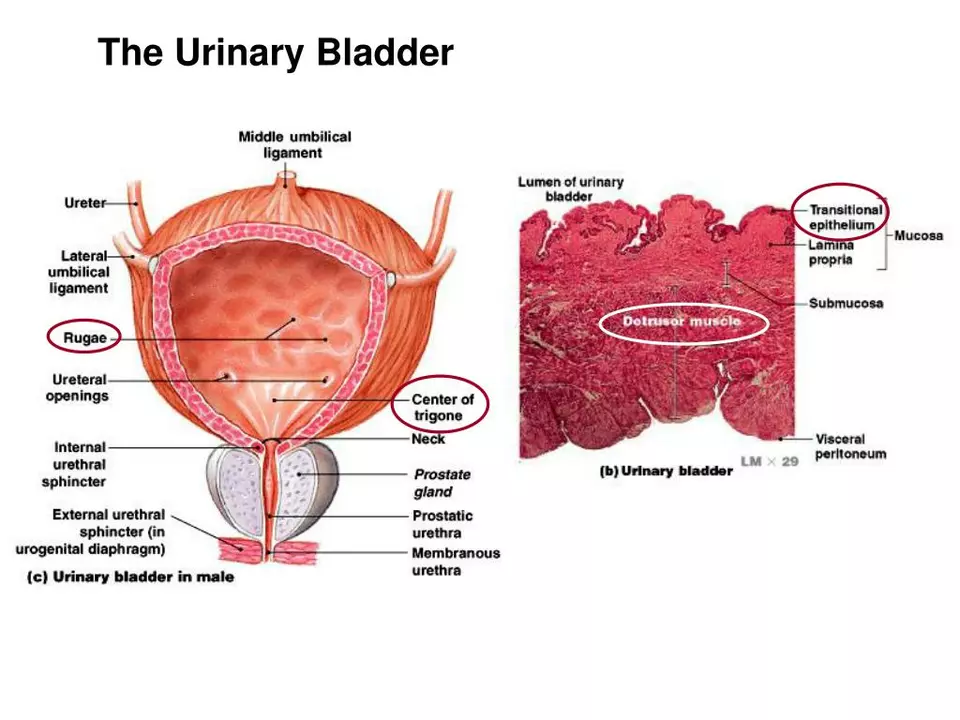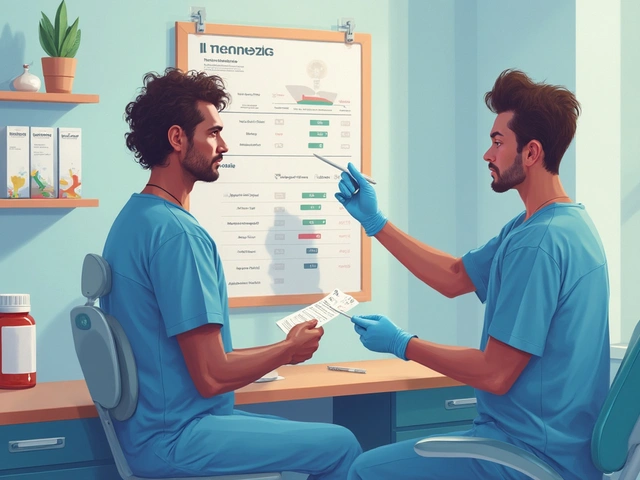
Understanding Bladder and Urinary Incontinence
Before we dive into coping strategies for bladder and urinary incontinence during travel, it is essential to understand the condition itself. Bladder and urinary incontinence refer to the involuntary leakage of urine. This can occur due to a variety of factors such as weakened pelvic floor muscles, bladder infections, or neurological disorders.
There are different types of incontinence, including stress incontinence, urge incontinence, overflow incontinence, and functional incontinence. Each type has its own cause and treatment options. It is crucial to consult with a healthcare professional for proper diagnosis and treatment.
Planning Ahead for a Comfortable Journey
One of the best ways to cope with bladder and urinary incontinence during travel is to plan ahead. Make sure you know the location of restrooms at airports, train stations, and other places you'll be visiting. Downloading a restroom-locator app on your smartphone can be helpful in finding bathrooms during your trip.
Additionally, plan your travel route with stops at places with restroom facilities. Booking accommodations near restrooms or with private bathrooms can also help alleviate anxiety related to incontinence.
Packing the Right Incontinence Products
Having the right incontinence products on hand can make a world of difference when traveling. Pack enough absorbent pads, disposable underwear, or reusable incontinence products to last the entire trip, plus some extra in case of emergencies. Don't forget to bring plastic bags for disposing of used products and a change of clothes in case of leaks.
It's also a good idea to pack a small, discreet bag that can hold your incontinence products and other essentials, such as wipes, hand sanitizer, and a change of underwear, for easy access during your journey.
Staying Hydrated and Choosing Beverages Wisely
It's important to stay hydrated during travel, but choosing the right beverages can help minimize incontinence symptoms. Avoid caffeinated drinks, alcohol, and carbonated beverages, as these can irritate the bladder and increase the need to urinate.
Instead, opt for water, herbal tea, or other non-caffeinated, non-alcoholic beverages. Remember to sip slowly throughout the day and avoid drinking large amounts of liquid at once.
Practicing Pelvic Floor Exercises
Pelvic floor exercises, also known as Kegel exercises, can help strengthen the muscles that support the bladder and prevent leaks. Incorporating these exercises into your daily routine before and during your trip can help improve bladder control.
To perform Kegels, simply contract the pelvic floor muscles, hold for a few seconds, and then relax. Repeat this process several times a day, gradually increasing the duration and intensity of the contractions.
Managing Stress and Anxiety
Stress and anxiety can exacerbate incontinence symptoms, so it's important to find ways to relax and stay calm during your travels. Practice deep breathing exercises, listen to soothing music, or try meditation to help ease your mind and reduce stress levels.
Additionally, sharing your concerns with a trusted travel companion can help alleviate some of the anxiety associated with incontinence during travel.
Using Restrooms Before Long Stretches of Travel
Before embarking on a long flight, car ride, or other extended periods of travel, make sure to use the restroom. This can help minimize the need for bathroom breaks during your journey and reduce the risk of leaks or accidents.
Similarly, take advantage of restroom facilities whenever they are available, even if you don't feel an immediate need to go. This can help prevent a sudden urge to urinate later on.
Wearing Comfortable and Easy-to-Change Clothing
When dealing with incontinence during travel, it's important to wear clothing that is both comfortable and easy to change. Opt for loose-fitting clothing made from breathable fabrics, such as cotton or moisture-wicking materials.
Additionally, choose clothing that can be easily removed in case of leaks or accidents, such as pants with elastic waistbands or skirts with simple fastenings.
Communicating with Travel Companions
If you're traveling with friends or family, it's important to communicate your needs and concerns related to incontinence. Let them know that you may need to take frequent bathroom breaks or require accommodations with easy access to restrooms.
Having a support system in place can help ease anxiety and make your travel experience more enjoyable.
Consulting with a Healthcare Professional
Before embarking on your trip, consult with a healthcare professional about your incontinence concerns. They can provide guidance on managing your symptoms during travel, as well as recommend any necessary medication or treatments.
Remember that bladder and urinary incontinence is a common condition, and there are many resources and strategies available to help you enjoy your travels without worry.






There are 14 Comments
Daniel Rogers
Chris Remo
Michael Herr
Crystal Magnant
Danie Joy
Katherine Stapp
Frank De Silva
KJ Miller
Claire Battista
Erin DeGroot
Stephanie Bryant
Drashti patel
Kaitlin Crockett
Tracy Blake
Write a comment
Your email address will not be published. Required fields are marked *